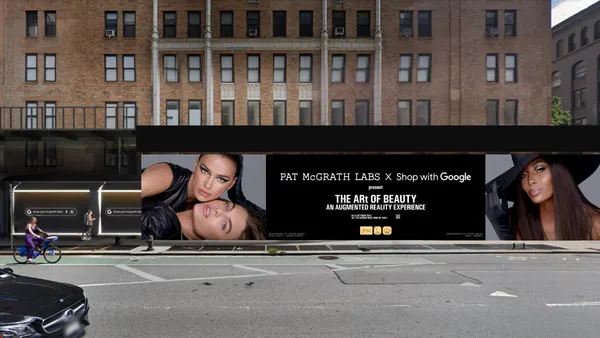Dive Brief:
- The National Retail Federation released its economic forecast for 2016 on Wednesday, with retail sales (excluding automobiles, gas stations, and restaurants) expected to grow 3.1% over the year.
- Non-store sales, which includes e-commerce, are expected to grow between 6-9%.
- The NRF projected that employment will grow, with around 190,000 jobs added per month -- a pace that's down from 2015 -- while unemployment will drop to 4.6% by the end of the year.
Dive Insight:
While the NRF highlighted many signs of economic development, including lower gas prices, lower costs for goods, and more discretionary income for consumers, the retail trade group conceded that these aren't necessarily translating into higher sales for some retailers.
"We recognize that consumers are doing things different than they have in the past," NRF President and CEO Matthew Shay said on a call with reporters.
Rather than devoting their savings from the gas pump to new apparel or accessories, consumers are instead choosing to pay off debt and save, invest more in their homes, and spend on experiences and services. Higher healthcare prices are also eating into these savings, as well as consumer uncertainty due to global economic instability, according to Kleinhenz.
But if more jobs become available throughout the coming year and low gas prices continue to stay low, Shay predicts that consumers' wallets may open up a bit. The question remains as to what they will be spending on. Home sales and housing related purchases will stay strong, according to Kleinhenz, while apparel retailers, due to high inventories that have been building since mid-2015, will most likely issue heavy promotions and discounts.
As consumers increasingly gravitate towards experiences rather than material purchases, retailers will have to realign their business strategies to provide more value to consumers that visit their stores. This includes offering services and special events in their stores, streamlining omnichannel operations, and shaking up traditional marketing plans to offer resources and entertainment to shoppers. Providing a fluid shopping experience from their e-commerce websites to their physical stores could also help traditional retailers recapture the sales that are moving online.
"There's a recognition that there is a great amount of disruption in the industry," said Shay, "but with that comes opportunities."













